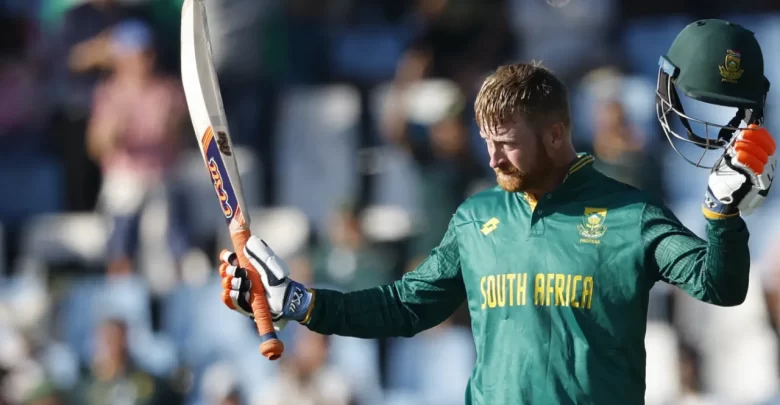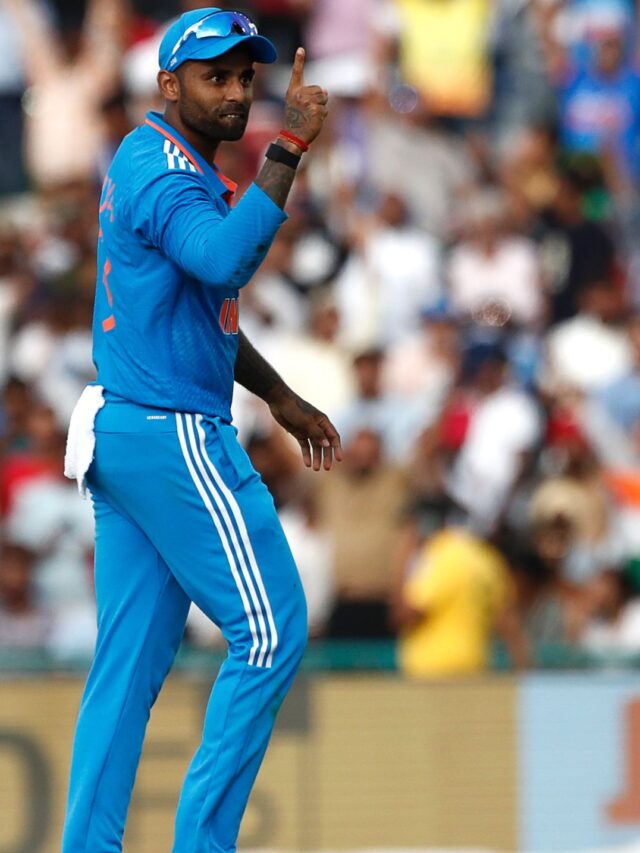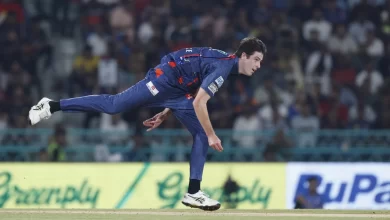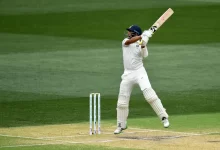Heinrich KlaasenCricket InterviewsInternational CricketInternational MatchesODIODI CricketSouth Africa cricket playersSouth Africa national cricket team newsT20T20 Leagues
Heinrich Klaasen Urges ICC to Drop Bilateral ODIs, Promote Tests and T20Is After Retirement

South African Star Advocates Bold Changes to Global Cricket Calendar for a Sustainable Future
Heinrich Klaasen, one of South Africa’s most explosive white-ball cricketers, recently retired from international cricket, drawing the curtain on a remarkable seven-year career. Speaking candidly after his decision, Klaasen shared strong views on how international cricket should evolve, suggesting the elimination of bilateral ODIs and greater focus on Test and T20 formats.
In an exclusive conversation with Cricbuzz, Klaasen explained the rationale behind his recommendations, citing player workload, fan preferences, and the rise of global T20 leagues.
“Scrap Bilateral ODIs, Make Room for More Tests and T20Is” – Klaasen’s Vision for Cricket
A Call to Declutter the International Schedule
At 33, Klaasen says his vision for the game involves a leaner, more exciting international calendar. He believes bilateral One-Day Internationals no longer serve a critical purpose outside of World Cup preparations. Instead, he proposes a model where Test matches receive more attention—especially for teams that rarely get to play them—and T20 cricket caters to modern audiences.
“I would probably remove bilateral one-day cricket from the calendar,” Klaasen told Cricbuzz. “Test matches deserve more space, and T20s are what the fans want. ODIs can be played a month before World Cups, just to give teams some prep time.”
This opinion echoes broader concerns about the oversaturated international cricket calendar, which many feel leaves players stretched and undermines match quality.
📌 Explore our feature on the evolution of T20 leagues and their global impact
Financial Pressures Driving Players to Franchise Leagues
Klaasen Warns ICC of Talent Drain Without Proper Player Support
A major concern for Klaasen is the financial gap between different cricketing nations. According to him, players from wealthier boards like England and Australia receive adequate compensation and support, which prevents them from chasing league contracts across the globe. In contrast, players from South Africa and other smaller boards often feel financially insecure.
“If international boards don’t take care of their players, they will leave for leagues. That’s reality,” Klaasen said. “Look at the Aussies and English—they’re well looked after. That’s not the case everywhere.”
Klaasen’s comments serve as a wake-up call to the ICC and national boards, emphasizing the need to retain top-tier players through better salaries and player welfare policies.
Klaasen’s Career: A Powerful White-Ball Legacy
Record-Breaking Innings and Consistency in ODIs and T20Is
Klaasen’s journey in international cricket began in 2018, and he soon earned a reputation as one of South Africa’s fiercest hitters in the middle order. In 60 ODIs, he amassed over 2,000 runs at an average close to 44, including a memorable 174 vs Australia in 2023—the second-highest score by a batter at No. 5 in ODIs.
His T20I numbers were equally impressive:
-
58 matches
-
Strike rate: 141.84
-
Renowned for dominating spin attacks and adapting to various match situations.
Klaasen played his final international match in the 2025 ICC Champions Trophy semifinal against New Zealand, where South Africa fell short despite his presence.
📌 Relive Klaasen’s 174 vs Australia – One of the greatest ODI knocks of this era
The Bigger Picture: Klaasen’s Suggestions and the Future of Global Cricket
Klaasen’s statements come at a time when many former and active players are calling for structural reforms in how international cricket is organized. With the growing prominence of T20 leagues and increasing instances of early retirements, Klaasen’s voice adds weight to an urgent debate: Is the current structure sustainable?
As cricket boards face pressure to balance commercial interests with player welfare and match relevance, Klaasen’s post-retirement interview is likely to spark further conversation.















